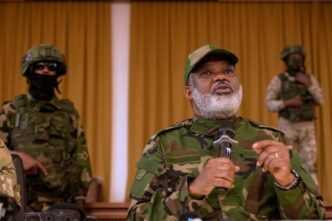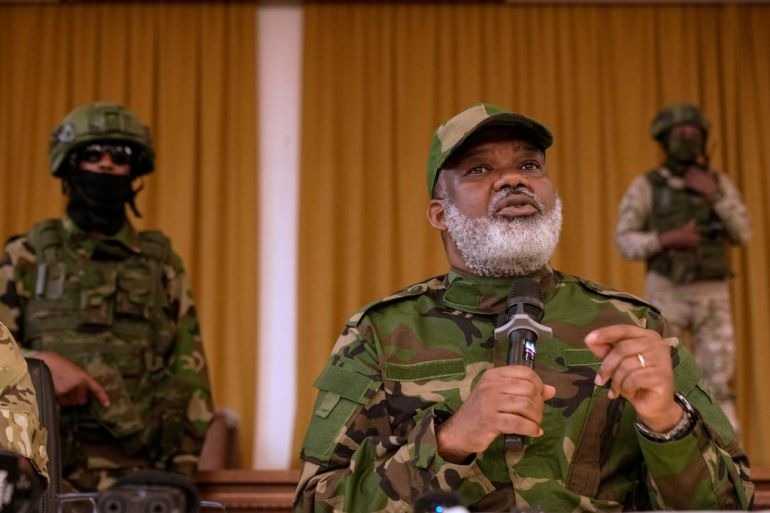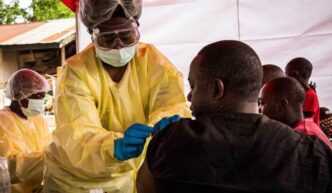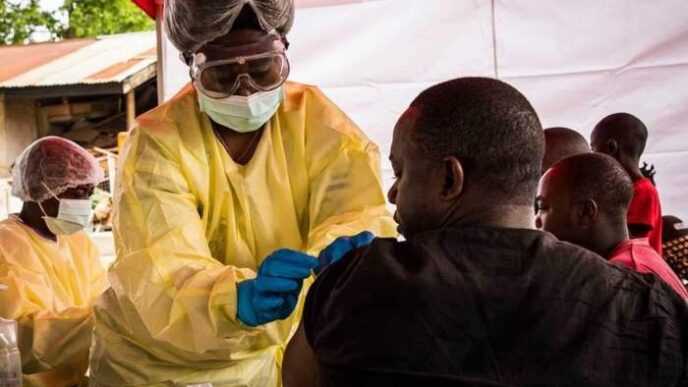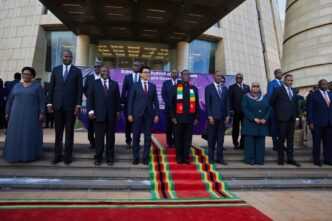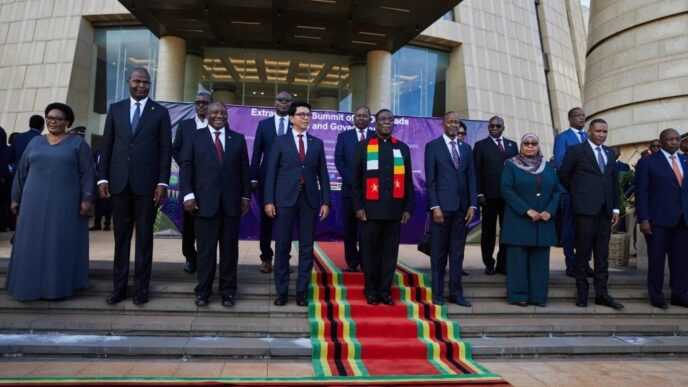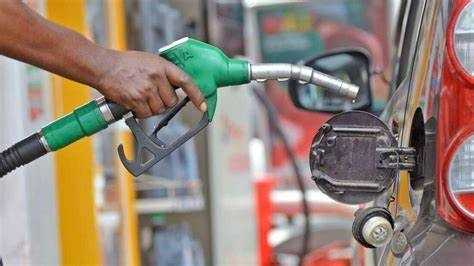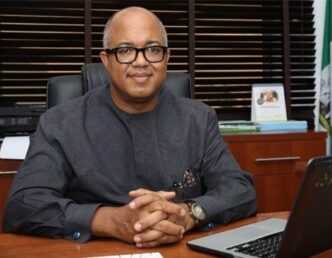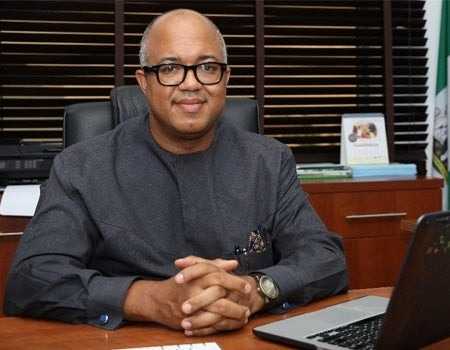In a significant development, the M23 rebels have declared a unilateral ceasefire in Goma, the largest city in eastern Democratic Republic of Congo (DRC). This decision, effective from February 4, 2025, is intended to address the escalating humanitarian crisis and allow for the delivery of essential aid to displaced civilians.
The M23, a rebel group with historical ties to Rwanda, announced the ceasefire following intense clashes with Congolese forces that have resulted in at least 900 fatalities. The fighting has led to a dire humanitarian situation, with hospitals overwhelmed and thousands of residents fleeing their homes.
In their statement, the M23 emphasized that the ceasefire aims to prevent further bloodshed and facilitate the safe passage of humanitarian aid to those affected by the conflict. They also clarified that, despite their recent advances, there are no plans to capture additional territories, including Bukavu, the provincial capital of South Kivu.
The international community has responded to the situation with growing concern. G7 foreign ministers have called for the resumption of negotiations and the safe delivery of humanitarian assistance. The United Nations has urged Rwanda to cease its support for the M23, a claim that Rwanda has consistently denied despite reports from U.N. experts indicating otherwise.
The roots of this conflict trace back to ethnic tensions linked to the 1994 Rwandan genocide. The resurgence of the M23 in late 2021 has led to the displacement of thousands, many of whom have sought refuge in neighboring Rwanda. The situation has exacerbated tensions between the DRC and Rwanda, with both nations withdrawing their diplomats and accusing each other of supporting opposing armed groups.
While the M23’s declaration of a ceasefire in Goma offers a glimmer of hope for alleviating the immediate humanitarian crisis, the underlying issues fueling the conflict remain unresolved. The international community continues to call for comprehensive peace talks and a lasting resolution to the deep-seated ethnic tensions that have plagued the region for decades. The effectiveness of the ceasefire and the commitment of all parties to a peaceful solution will be critical in determining the future stability of eastern Congo.
